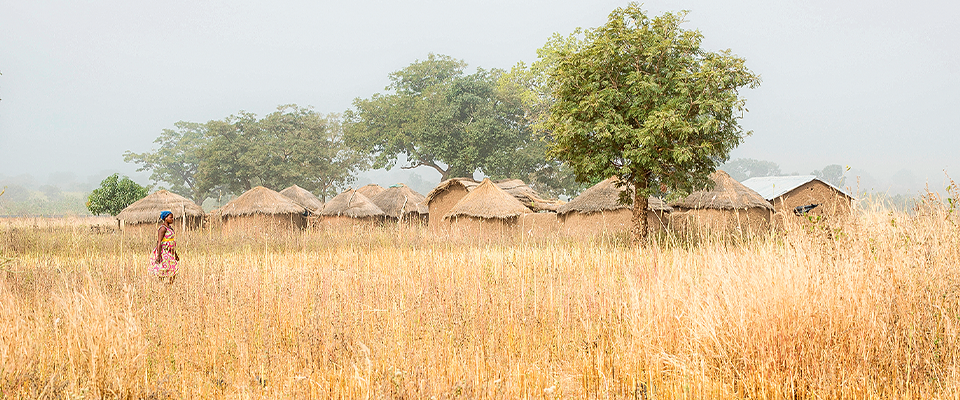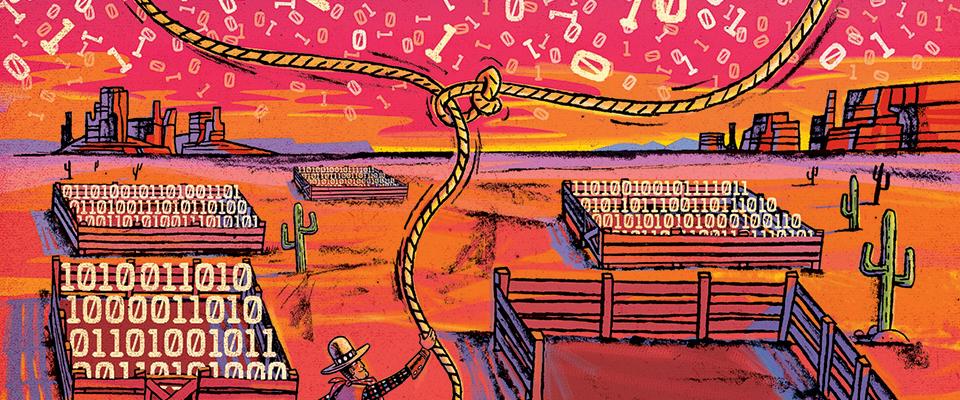RESEARCHERS AT BERKELEY’S DATA-INTENSIVE development lab are using big data to deliver aid to the world’s chronically hungry—a group that has doubled in size from 135 million to more than a quarter billion during the pandemic.
Lab director and associate professor Joshua Blumenstock has spent much of the past six months developing an algorithm to identify at-risk regions in the West African nation of Togo, where almost 60 percent of the population lives in hard-to-reach rural areas and more than 90 percent has no work beyond informal employment. The Togolese government is now using the deep-learning algorithm, trained to identify patterns in roofing quality, road conditions, farm plot size, etc., to scan satellite data for clusters of extreme poverty. Once identified, direct payments are sent to people in those regions in the hope of fending off famine and other humanitarian crises.
“Transferring aid through mobile money could dramatically increase the timeliness and effectiveness of humanitarian responses.”
—Joshua
Blumenstock
But the Togolese government doesn’t just want to reach the poorest regions, they want to reach the poorest individuals in those regions. To make that happen, Blumenstock and his team developed a separate technology that uses machine learning to identify patterns in phone behavior that are indicative of poverty, such as infrequent phone credit top-ups and brief calls.
Several countries, seeing Blumenstock’s work in Togo, have asked about implementing similar technology, and the lab has since started projects with the governments of Nigeria and Bangladesh.
“The potential is enormous,” Blumenstock wrote last May in an article for Nature, noting that, “transferring aid through mobile money could dramatically increase the timeliness and effectiveness of humanitarian responses—while minimizing the need for face-to-face contact with government employees in the middle of a pandemic.” He also recognized the potential dangers of giving governments access to private consumer data, cautioning that “any infringements of human rights made in an emergency should be necessary and proportionate, and end when the crisis does.”
Using the lab’s combined satellite and cell-phone data approach, 57,000 of Togo’s poorest citizens—missed by the government in its first rounds of COVID-related aid—have received direct money transfers.





















